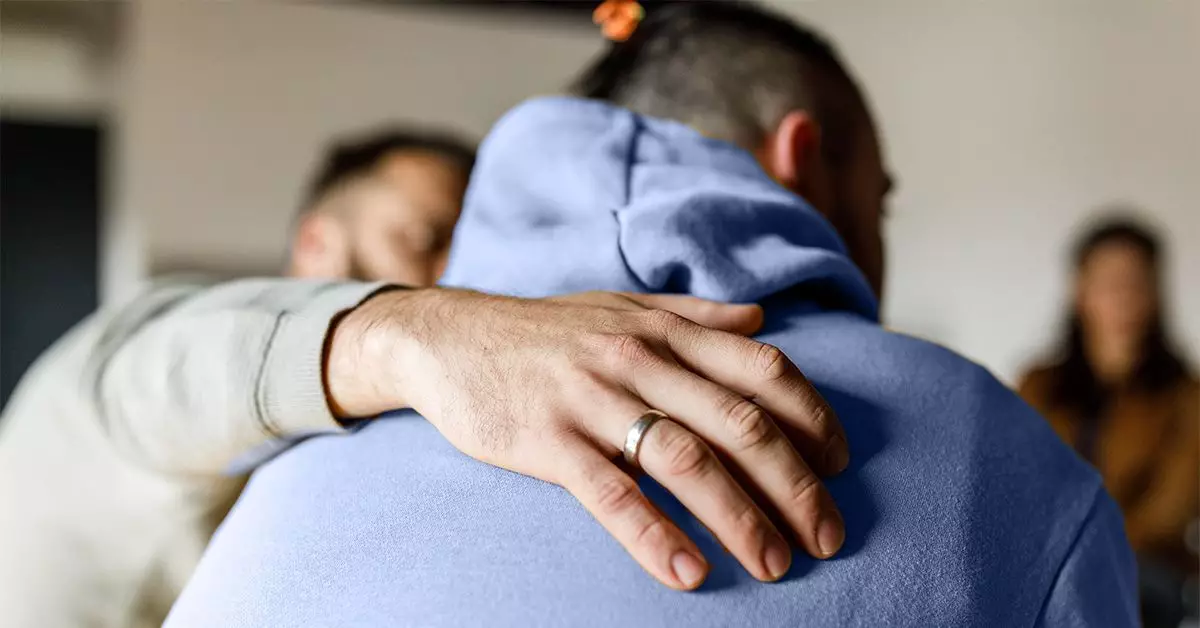Bipolar disorder is a complex mental health condition that affects millions of individuals worldwide, characterized by extreme mood swings that can include emotional highs (mania or hypomania) and lows (depression). For those navigating this challenging disorder, finding support can be crucial in managing symptoms and maintaining well-being. Support groups, whether online or in-person, offer an avenue for sharing experiences, receiving encouragement, and finding camaraderie among peers. This article explores the significance of support for individuals with bipolar disorder and outlines various available resources.
Establishing a sense of belonging is essential for anyone dealing with bipolar disorder. Research underscores the profound impact of social support on mental health outcomes. A 2019 study suggested a notable correlation between the absence of social support and detrimental effects, such as prolonged mood episodes and increased risk of suicidal behavior. This highlights the potential benefits of connecting with others who understand the unique trials faced by those with bipolar disorder.
Support groups serve as lifelines for individuals seeking to feel recognized and heard. They facilitate environments where individuals can share their stories, discuss coping strategies, and exchange hope. Feeling acknowledged by those who truly understand can be empowering, setting the stage for recovery and resilience in the face of a mental health crisis.
During the onset of a mood episode, individuals may experience various emotional and physical symptoms that can be overwhelming. It is crucial to recognize the signs and seek support as soon as possible. Often, a trusted friend or family member can be the first line of defense, providing reassurance and assistance in monitoring medication adherence and helping to avoid potential triggers, such as alcohol consumption or sleep disturbances. Open communication with loved ones can lay the groundwork for a supportive network that is essential in moments of vulnerability.
Moreover, reaching out to a healthcare provider is paramount. If an individual feels incapable of taking this step during a crisis, a family member may need to advocate on their behalf, ensuring that medical assistance is obtained promptly. Utilizing tools, such as the Substance Abuse and Mental Health Services Administration’s (SAMHSA) online resources, can be instrumental in locating treatment options.
The landscape of support groups is diverse, encompassing both online and in-person formats. Organizations like the Depression and Bipolar Support Alliance (DBSA) provide structured online support groups designed to create a welcoming atmosphere for discussion and sharing. With over 200 groups categorized by demographics and experiences—including groups for specific communities such as racial minorities and the LGBTQIA+ community—participants can find tailored support.
However, individuals should be aware that DBSA’s groups are peer-led, meaning that while experienced individuals provide guidance, mental health professionals do not actively monitor discussions. This differs from the National Alliance on Mental Illness (NAMI), which offers local video support sessions where health professionals may provide oversight. It is important for potential participants to evaluate the level of professional involvement they desire in any support group setting.
Support groups can range from informal gatherings to more structured experiences guided by specific methodologies. Some groups function without a facilitator, relying solely on the participants to guide discussions. Alternatively, others follow frameworks established by mental health experts to maintain a focus on recovery and support without judgment. When choosing a group, one must consider various factors, including the group’s structure, privacy policies, and accessibility.
Questions aimed at understanding the norms and practices of a group can include:
– Is the group more formal or informal in structure?
– What is the group’s policy on anonymity?
– Are health professionals involved, and if so, to what extent?
– How often do meetings occur, and are they convenient to attend?
Understanding these dynamics can help in finding a group that resonates with personal needs and comfort levels.
While support groups can provide significant emotional relief and practical advice, they should complement, not replace, professional medical treatment. Individuals struggling with bipolar disorder are encouraged to seek diagnoses, treatment, and ongoing support from licensed mental health professionals. In combination, professional guidance and peer support create a powerful strategy for managing bipolar disorder effectively.
The journey of coping with bipolar disorder can be profoundly challenging, but support groups offer a place of refuge, connection, and understanding. Whether through online platforms or local events, individuals seeking companionship and advice can find the help they need to navigate their struggles. By taking proactive steps to engage with these resources, individuals with bipolar disorder can cultivate a support network that fosters resilience, understanding, and hope for a healthier future.

